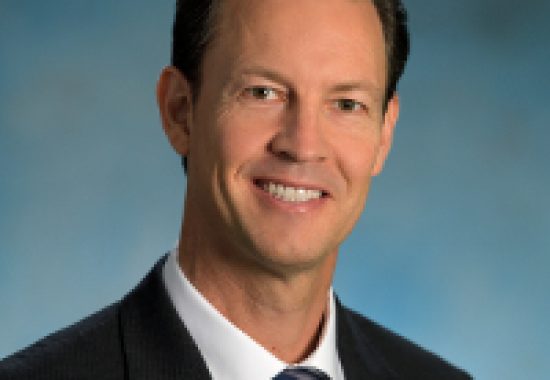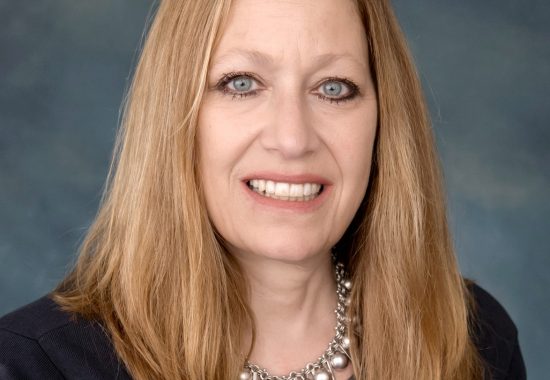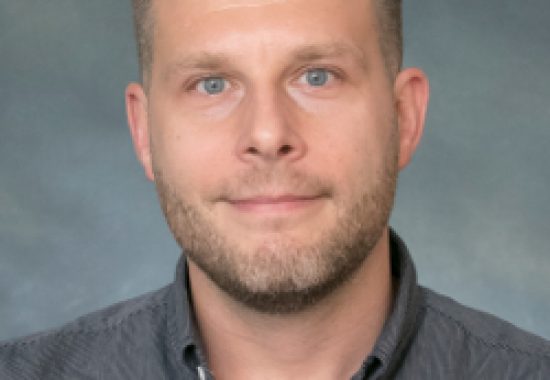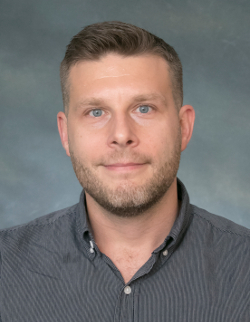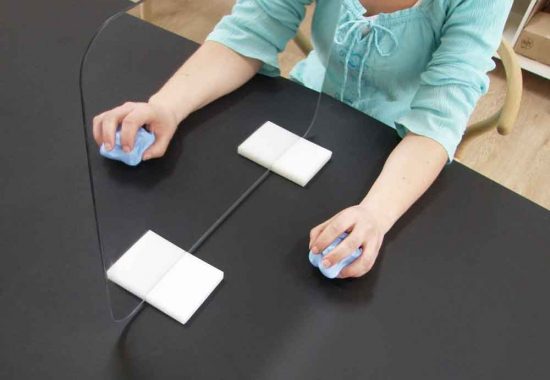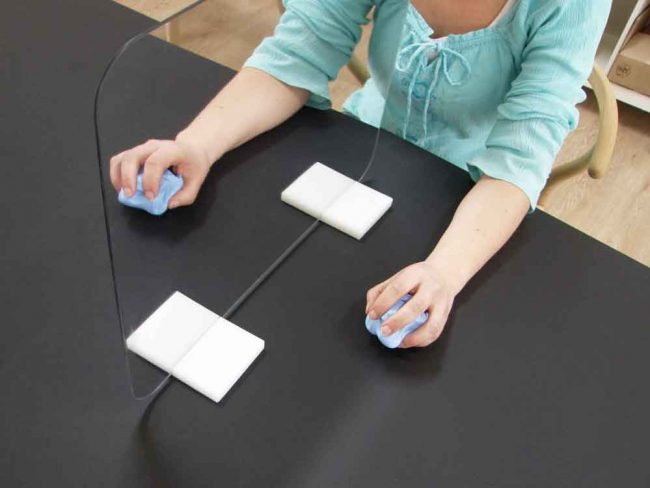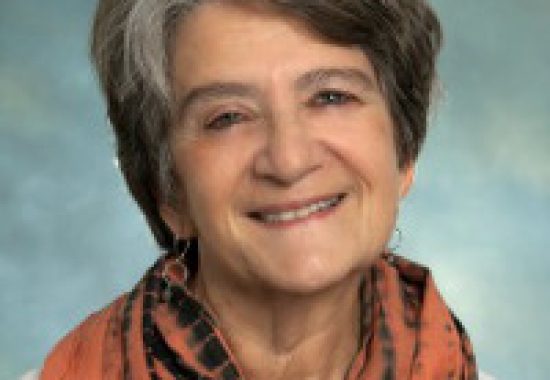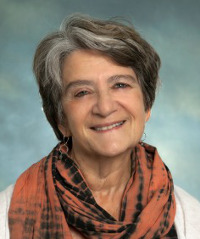 Dylan Edwards, PhD, MRRI’s new director, has big visions for the institute’s future—which he sees as being just as bright as its prestigious past. Taking over for retiring director and co-founder John Whyte, MD, PhD, Edwards comes to MRRI from the Weill Cornell Medicine-affiliated Burke Neurological Institute in White Plains, NY. Dr. Edwards’ research has primarily focused on non-invasive brain stimulation and the use of robotics in recovery from stroke and spinal cord injury. At MRRI, he’ll find ways to continue his research while helping steer MRRI to new heights in the coming years. Continue Reading
Dylan Edwards, PhD, MRRI’s new director, has big visions for the institute’s future—which he sees as being just as bright as its prestigious past. Taking over for retiring director and co-founder John Whyte, MD, PhD, Edwards comes to MRRI from the Weill Cornell Medicine-affiliated Burke Neurological Institute in White Plains, NY. Dr. Edwards’ research has primarily focused on non-invasive brain stimulation and the use of robotics in recovery from stroke and spinal cord injury. At MRRI, he’ll find ways to continue his research while helping steer MRRI to new heights in the coming years. Continue Reading
Author: Alice Walton
MRRI advances neurorehabilitation with innovative technologies
The emergence of new technologies has added fascinating new dimensions to MRRI’s research in translational neurorehabilitation. Using virtual reality in the treatment of phantom limb pain, noninvasive brain stimulation to improve stroke patients’ motor deficits, and iPhone apps to track concussion symptoms after a sports injury are some of the ways in which MRRI researchers are using tech in their work. Here’s an overview of the ways in which researchers Laurel Buxbaum, Amanda Rabinowitz, and Shailesh Kantak are using tech to push neurorehabilitation research into the future. Continue Reading
MRRI Scientist Studies How the Brain Processes Language to Learn about Stroke
Edward Wlotko, PhD, has been studying how the brain processes language since he was an undergraduate at the University of Pittsburgh. And his interest in language comprehension—particularly how the two hemispheres interact to make that happen—deepened in graduate school, at the University of Illinois at Urbana-Champaign. There, he devoted his dissertation work to understanding the differences in how language is processed by each hemisphere of the brain, the two sides working separately and in tandem.
Before coming to Moss Rehabilitation Research Institute, Dr. Wlotko completed two post-docs, one at the Beckman Institute for Advanced Science and Technology at the University of Illinois, the other at Tufts University.
“In my first post-doc,” says Wlotko, “I studied language in the aging brain. At Tufts, I used neuroimaging to study college-aged adults’ language comprehension. So when I got to MRRI I wanted to combine and extend these areas of research from my past work.”
Now, as director of the MRRI Cognitive Neurophysiology and Neuropsychology Lab, Wlotko is trying to further understand how language works in healthy brains to ultimately help problems with language caused by stroke. For example, mapping what facets of language comprehension and production are governed by the two sides of the brain will provide clues to the kind of language or communication difficulties someone might experience after a left vs a right hemisphere stroke. Wlotko believes it is important to approach this question from both angles: Learning about the healthy brain helps researchers understand what happens in the damaged brain—and learning about what’s going on during stroke helps researchers understand more about the healthy brain. Continue Reading
Focusing on Visual Perception to Improve Motor Performance After Stroke
Steven Jax, PhD, has spent most of his career at Moss Rehabilitation Research Institute (MRRI), and doesn’t have plans to leave any time soon. Dr. Jax came to MRRI from Penn State, where he did his doctorate work in basic sensorimotor processing. He began his tenure at MRRI as a post-doc in the lab of Laurel J. Buxbaum, PysD. There, he began his research on rehabilitation in stroke patients, which he’s expanded over the years as director of the Perceptual-Motor Control Laboratory. Continue Reading
Myrna Schwartz Steps Down as MRRI Associate Director
Myrna F. Schwartz, PhD, is stepping down as associate director of the Moss Rehabilitation Research Institute, which she co-founded with MRRI director John Whyte, MD, PhD in 1992. But she’s not disappearing from MRRI completely: She’ll carry on her work in an emeritus role from California, where she’s moved to be closer to her family.
Schwartz is one of the most renowned language researchers in the country, and has devoted much of her career to studying and treating patients with aphasias and other language disorders. Her work has received funding from the National Institutes of Health (NIH) for over 30 consecutive years. Continue Reading

